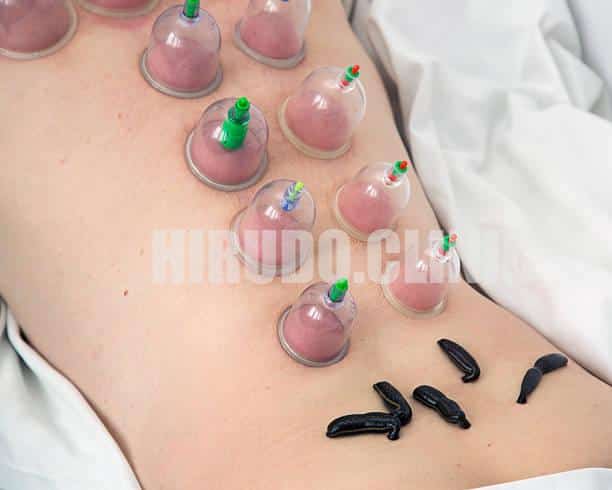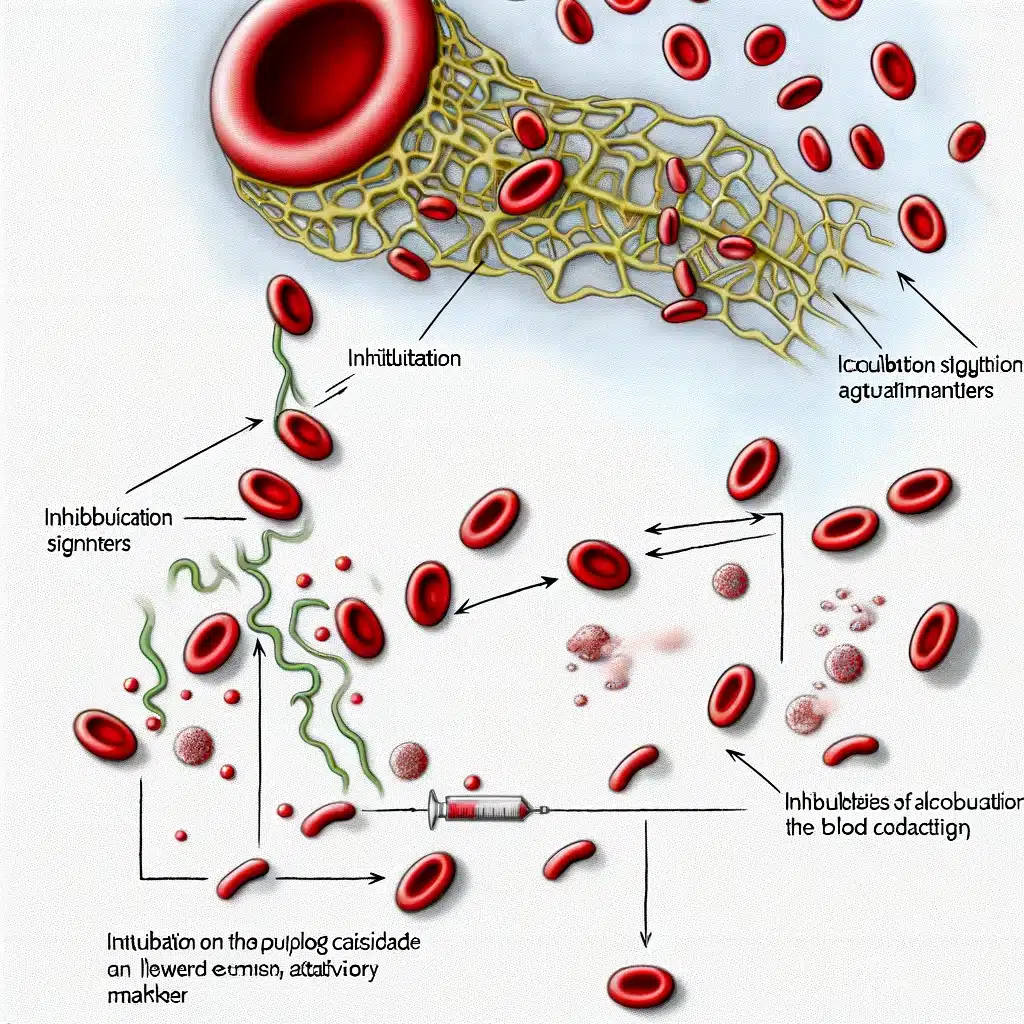How MLT Support Prostate Health?
The prostate gland, located just below the bladder in men, can become inflamed or enlarged due to conditions such as benign prostatic hyperplasia (BPH) or prostatitis. These conditions can lead to symptoms like frequent urination, discomfort, or difficulty emptying the bladder. MLT may help address these symptoms through several mechanisms: Leech therapy, also known as hirudotherapy, is an ancient practice that uses medicinal leeches (Hirudo medicinalis) to support various health conditions. While not commonly associated with prostate health in modern medicine, there are theories and anecdotal evidence about its potential benefits.
How Leech Therapy Helps with Prostate Health
- 🩸 Improved Blood Microcirculation
- Leech saliva contains natural vasodilators such as histamine-like substances and acetylcholine, which can improve local blood flow. This may help alleviate pelvic congestion, reduce swelling, and promote better tissue oxygenation around the prostate.
- These compounds improve blood flow and reduce stagnation, which can support the prostate and surrounding tissues.
- Anti-inflammatory Properties:
- Leeches secrete anti-inflammatory enzymes, potentially reducing swelling in the prostate gland caused by conditions like prostatitis (inflammation of the prostate). Enzymes such as bdellins and eglins found in leech saliva are known to have anti-inflammatory and pain-relieving properties. These compounds may reduce discomfort and inflammation commonly experienced with chronic prostatitis or BPH.
- This can alleviate symptoms such as pain or discomfort in the pelvic area.
- Detoxification:
- Leech therapy is believed to help “cleanse” blood in certain traditions. Improved circulation and reduced toxins in blood flow could benefit prostate health indirectly. Medicinal Leech Therapy supports the lymphatic system, helping to remove waste products and reduce inflammation. This cleansing effect may benefit patients experiencing systemic inflammation or stagnation in the lower pelvic region.
- Pain Relief:
- Leech saliva contains natural anesthetics and anti-inflammatory compounds, which might help reduce pain or discomfort associated with prostate issues.
- Potential Benefits for Enlarged Prostate (BPH):
- By promoting better blood flow and reducing inflammation, leech therapy could theoretically ease some symptoms of benign prostatic hyperplasia (BPH), such as urinary retention or frequent urination.
Scientific Evidence and Considerations on How Leech Therapy Helps with Prostate Health
- While leech therapy has recognized applications (e.g., in plastic surgery, varicose veins), its use for prostate health lacks strong clinical evidence.
- Any use of leech therapy for the prostate should be approached cautiously and only under the guidance of a qualified practitioner.
- It is complementary, not a replacement for conventional treatments like medications or surgery.
- leech therapy, hirudotherapy, prostate healthmedicinal leeches, Hirudo medicinalisblood circulation, anticoagulants, hirudinanti-inflammatory, prostatitis, pelvic pain reliefdetoxification, natural anesthetics, prostate enlargementbenign prostatic hyperplasia, BPH, urinary retentiontraditional medicine, alternative treatments, health therapiesclinical evidence, qualified practitioners, complementary therapies
Cupping Combo Therapy in London
🩸 How Does Anti-Aging Blood Detox with Leech Therapy Work?
🩺 Баночный массаж в Лондоне | UKDOM Concierge
🩺 Баночный массаж в Лондоне | Древняя методика исцеления — у вас дома, в отеле…
Online Medicinal Leech Therapy Guidance – $250
At Hirudo.Clinic, we understand that not everyone can visit our physical locations in London, Surrey,…
📍 Hirudo.Clinic – Leech Therapy in London Just minutes from Canary Wharf
📍 Hirudo.Clinic – Leech Therapy in London Address: 53 Skylines Village, London E14 9TSPhone: 07903…
Lymphatic Massage combining with Leech Therapy for cellulite reduction
✅ Next Steps
If you’re experiencing prostate-related symptoms or looking to explore natural therapies, Hirudo.Clinic offers expert guidance:
- 📍 Clinics in London, Surrey, and Dubai
- 📞 Online Consultations Available
- 🎓 Educational Courses on MLT for Practitioners and Enthusiasts




